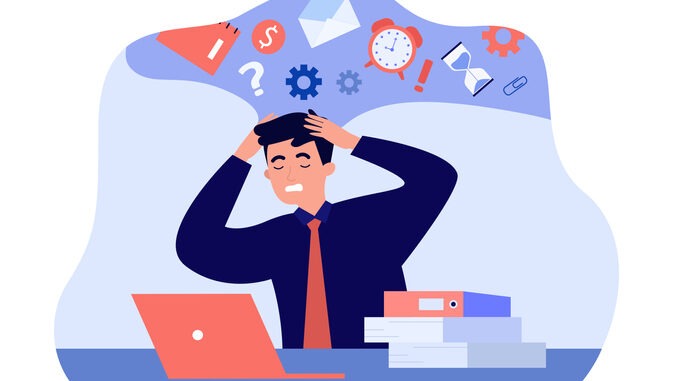In today’s fast-paced world, stress has become an inevitable part of life for many. From demanding jobs to personal responsibilities, we all encounter stressors that can take a toll on our mental and physical well-being. Understanding the effects of stress on our health is crucial for maintaining a balanced lifestyle.
What is Stress?
Stress is the body’s natural response to demands or pressures, whether they are real or perceived. When faced with a stressful situation, the body releases hormones such as adrenaline and cortisol, preparing us to either fight or flee. While this response can be beneficial in short bursts, chronic stress can have serious consequences for our health.
The Impact of Stress on Health:
Mental Health: Prolonged exposure to stress can lead to anxiety, depression, and other mental health disorders. It can also impair cognitive function, affecting memory and decision-making abilities.
Heart Health: Chronic stress has been linked to an increased risk of heart disease, high blood pressure, and heart attacks. Stress can raise blood pressure and cholesterol levels, putting a strain on the cardiovascular system.
Immune System: Stress weakens the immune system, making us more susceptible to infections and illnesses. It can also slow down the body’s healing process, prolonging recovery from injuries or illnesses.
Digestive System: Stress can disrupt digestive processes, leading to symptoms such as stomach pain, indigestion, and irritable bowel syndrome (IBS). It can also exacerbate conditions like ulcers and acid reflux.
Weight Gain: Stress can contribute to weight gain by increasing cravings for high-calorie, comfort foods. It can also promote the accumulation of visceral fat, which is associated with an increased risk of obesity and metabolic disorders.
Managing Stress:
Healthy Lifestyle: Prioritize self-care by eating a balanced diet, getting regular exercise, and getting enough sleep. Avoid unhealthy coping mechanisms such as excessive alcohol consumption or smoking.
Stress-Relief Techniques: Practice relaxation techniques such as deep breathing, meditation, yoga, or tai chi to reduce stress levels.
Time Management: Organize your time effectively to minimize stressors and prioritize tasks. Learn to delegate responsibilities when necessary.
Seek Support: Don’t hesitate to reach out to friends, family, or a mental health professional for support and guidance during stressful times.
Conclusion:
Stress is a pervasive force in our lives, but it doesn’t have to control us. By understanding its effects on our health and adopting healthy coping strategies, we can better manage stress and lead happier, healthier lives. Take proactive steps to prioritize your well-being and protect yourself from the silent killer that is stress.
Source – Cleveland Clinic



